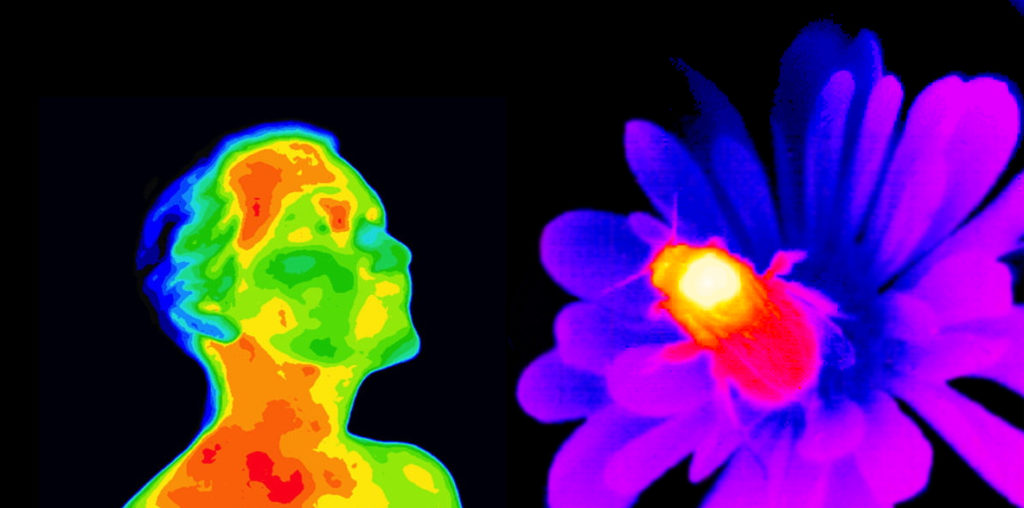Are Bees Smart Pollinators? You can count on it!

Speaker: Associate Professor Adrian Dyer
Vision Scientist
School of Media and Communication, RMIT University
Bees pollinate food crops responsible for providing about one third of our food, but face many difficulties, like complex search and navigational tasks, non-rewarding deceptive flowers, and at a hive level, management of nutritional resources to enable survival.
In this talk, Associate Professor Adrian Dyer explains how bees use cognitive-type processing to solve their problems, including size relationships, spatial arrangements and numerical abilities. Far from being mere bugs, bees can learn to understand the concept of zero, and use symbolic representations of colour as mathematical operators.
Learn about how the capacity of the bees’ mini brains, and some of the clever solutions they employ, have been critical for their success over time. In our increasingly technological world, can bees teach us important lessons for AI and improved design?
About the speaker:
Associate Professor Adrian Dyer is a vision researcher at RMIT University, investigating how both the introduced honeybee and native bees perceive colour, and how this has affected the evolution of flowers. He completed a PhD in 2000 (RMIT University) and was a Humboldt Fellow (Germany), a La Trobe Fellow (La Trobe University) and an Australian Research Council Fellow (Monash University).
He also held postdoctoral research positions at Cambridge University, and collaborates extensively with universities in France and the USA. His research has been published in leading journals including Nature, Science and Proceedings of the Royal Society; and has been featured on ABC TV as well as numerous international media outlets like The New York Times and the BBC






